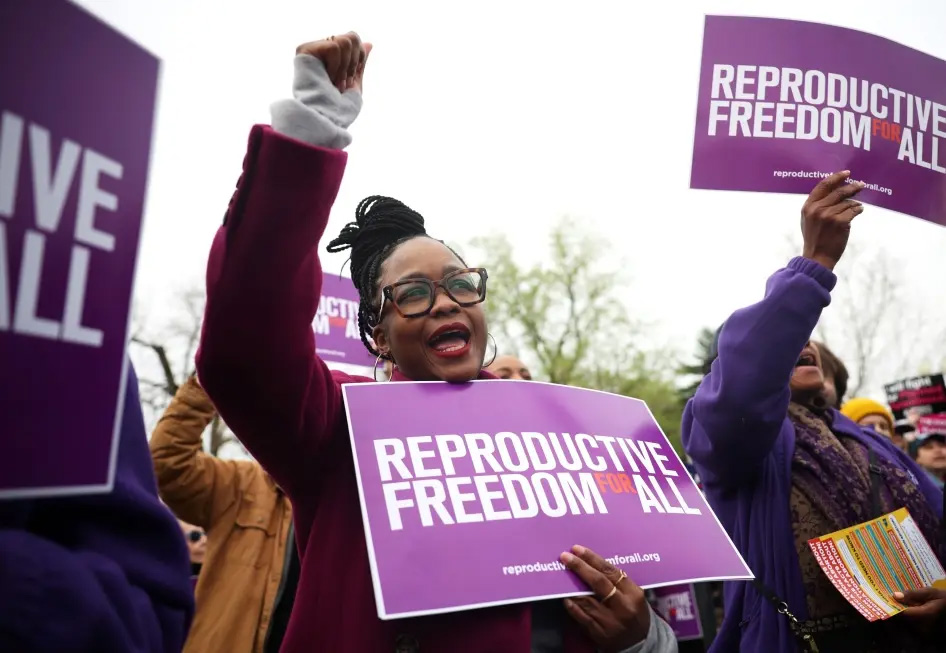Reproductive Justice Includes Centering Health at Every Stage — Including Menopause

Reproductive Justice is more than the right to have or not have children—it’s about having the power and resources to make informed decisions about our bodies, families, and futures.
The term was coined in 1994 by a group of Black women who believed that true reproductive freedom must also include racial, social, and economic justice. Reproductive Justice means fighting for the right to safe and affordable health care, freedom from violence, housing, education, and the ability to parent—or not—in safe and sustainable communities.
At BWHI, we know that reproductive health is a lifelong journey. And that journey doesn’t stop after childbearing years. That’s why we were proud to be one of the eight core partners in the creation of the 2025 Black Reproductive Justice Policy Agenda, where we helped ensure menopause was not left out of the conversation by coauthoring a section with the team at Black Girls Guide To Surviving Menopause.
For the first time in the Agenda’s history, a section is dedicated to the unique and often overlooked challenges that Black women—and gender expansive people—face during menopause.
Why this matters:
- Black women are more likely to enter menopause earlier and experience more severe symptoms like hot flashes, anxiety, and sleep problems.
- These symptoms are often dismissed or misunderstood by providers who aren’t trained in culturally competent care.
- There’s a lack of investment in menopause research that reflects our lived experiences.
- And because menopause is rarely talked about openly, too many of us are left to navigate it alone.
At BWHI, we contributed key recommendations to address these gaps, including:
✅ Funding more research focused on Black women and menopause
✅ Expanding access to culturally competent care, including hormone therapy and mental health support
✅ Including menopause in public health education and clinical provider training
✅ Creating resources that reflect the diverse experiences of Black women and gender expansive people
We applaud Dr. Regina Davis Moss, President & CEO of In Our Own Voice: National Black Women’s Reproductive Justice Agenda, and her team for leading this bold, collaborative effort. As she recently shared:
“This Agenda is a blueprint for transformative change. It’s about centering Black women’s voices and experiences in every aspect of reproductive health policy.”
With contributions from over 50 organizations—and leadership from the eight Reproductive Justice partners—this policy agenda reminds us that our stories, our health, and our future matter.
We have much to lose if we don’t act. But if we move boldly and collectively toward the vision outlined in this Agenda, we move closer to a world rooted in dignity, autonomy, and equity for all.
Explore the full agenda here: https://blackrj.org/2025policyagenda

